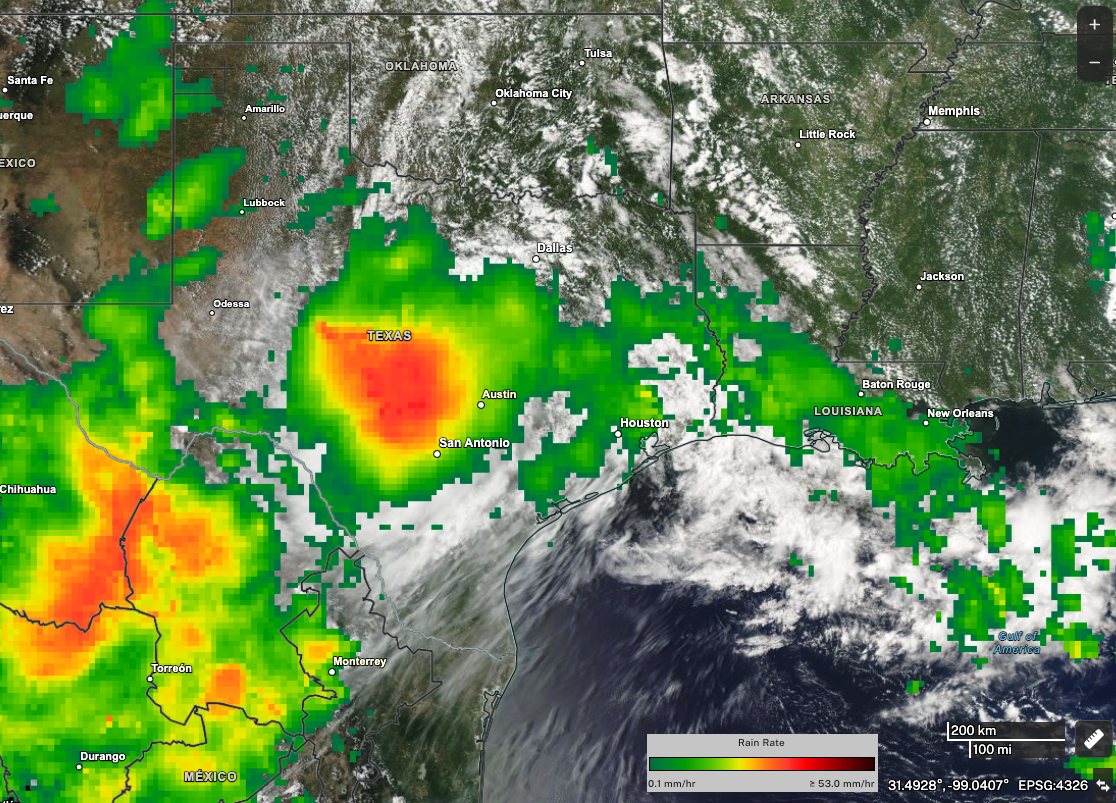In the wake of catastrophic floods that ravaged Central Texas, the Federal Emergency Management Agency’s shocking failure to respond to nearly two-thirds of calls for disaster assistance raises urgent questions about accountability and the human cost of bureaucratic negligence. As reported by The New York Times, FEMA"s inability to answer these critical calls is not merely an operational oversight; it is a glaring indictment of an agency that is supposed to be a lifeline for disaster survivors.
Disaster Strikes While FEMA Falls Silent
On July 6, the day after the floods began, FEMA received 2,363 calls from survivors desperate for assistance. The agency managed to answer a mere 846 of those calls, translating to an abysmal response rate of just 35.8%. This is a dramatic fall from the previous day’s nearly flawless performance, where 99.7% of calls were answered. The stark contrast in responsiveness is attributed to the agency’s failure to renew contracts with call center contractors, resulting in the termination of hundreds of workers just as the floodwaters began to recede.
Contractor Cuts Leave Survivors in Limbo
The decision to let contracts expire without timely renewal has left countless survivors stranded in a limbo of uncertainty. Kristi Noem, the Secretary of Homeland Security, delayed approving the necessary expenditures to restore operational capacity, leading to an unprecedented backlog of unanswered calls. Survivors, many of whom lost everything, turned to FEMA for guidance on insurance claims and aid programs only to find themselves abandoned in their darkest hour.
Critics Demand Accountability from FEMA Leadership
Jeffrey Schlegelmilch of the National Center for Disaster Preparedness articulated the gravity of the situation, stating, “One of the most important services in disaster recovery is being able to call someone and walk through these processes and paperwork.” The absence of this support during a crisis not only prolongs suffering but also exacerbates the emotional and psychological toll on survivors, who are often left navigating complex aid systems alone.
Political Maneuvering Hinders Emergency Response
Democratic lawmakers have raised alarms over Noem"s insistence on personally approving expenses above $100,000, a policy that has resulted in unnecessary delays in deploying search-and-rescue teams to the affected areas. This bureaucratic bottleneck is emblematic of a broader failure within FEMA and the Department of Homeland Security to prioritize the needs of vulnerable populations during emergencies. As reported by The New York Times, the authorization for these crucial teams was not issued until July 7, three days after the flooding began.

Texas Flooding July 2025 | NASA Applied Sciences
Trump Administration’s Disdain for FEMA"s Role
The ongoing narrative of disdain for FEMA under the Trump administration further complicates the agency"s ability to respond effectively to disasters. President Trump’s previous calls to eliminate FEMA altogether signal a troubling trend that prioritizes fiscal conservatism over human lives. This administration"s approach to disaster management has not only dismantled effective response strategies but has also shifted the burden onto states, leaving communities vulnerable and unprepared for the increasing frequency of climate-related disasters.
Long-Term Implications for Disaster Management
The implications of FEMA"s failure to respond adequately to the needs of Texas flood survivors cannot be understated. As climate change continues to exacerbate the intensity and frequency of natural disasters, the need for a robust and responsive federal disaster management framework has never been clearer. The current state of FEMA, characterized by inefficiency, delayed responses, and a lack of compassion, threatens to undermine the very fabric of disaster recovery efforts.
As the death toll rises and survivors grapple with the aftermath of the floods, it is imperative that we hold FEMA and its leadership accountable for their actions. The systemic flaws within this agency must be addressed to ensure that marginalized communities are not left to fend for themselves in the wake of disaster. The cries for help from Texas are not just a call for immediate assistance; they are a clarion call for a fundamental reexamination of how we approach disaster management in an era increasingly defined by climate crisis.

![[Video] Anti-ICE Protester Pepper Sprayed as CBP Agents Disperse Crowd in Minneapolis](/_next/image?url=%2Fapi%2Fimage%2Fthumbnails%2Fthumbnail-1768260677127-y71sb7-thumbnail.jpg&w=3840&q=75)

![[Video] Several injured as U-Haul truck drives through Iranian protestors in Los Angeles](/_next/image?url=%2Fapi%2Fimage%2Fthumbnails%2Fthumbnail-1768176682028-q95y6j-thumbnail.jpg&w=3840&q=75)
![[Video] Scuffle breaks out between Trump supporters and Anti-ICE protesters in Times Square](/_next/image?url=%2Fapi%2Fimage%2Fthumbnails%2Fthumbnail-1768165958203-hgcgb-thumbnail.jpg&w=3840&q=75)


![[Video] Gunfire between Iraqi security forces and Sadr militias in Baghdad](/_next/image?url=%2Fapi%2Fimage%2Fthumbnails%2Fthumbnail-1768343508874-4redb-thumbnail.jpg&w=3840&q=75)
